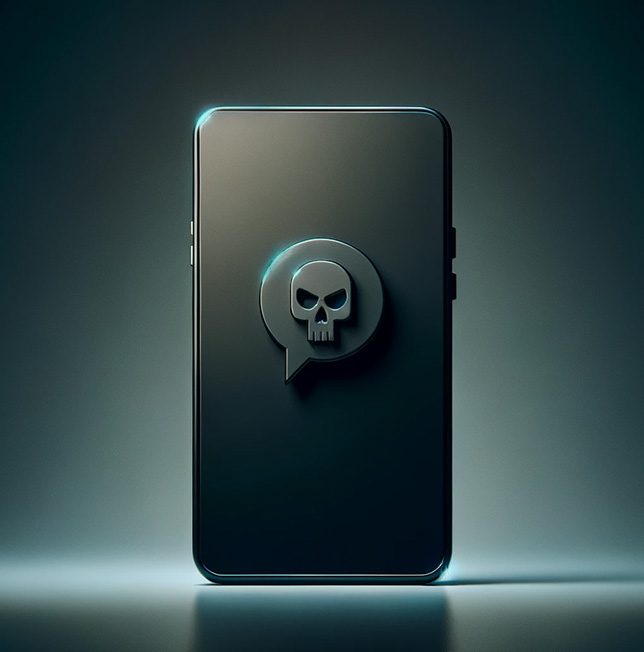
Learning platform Instructure is working with Internet2 to address the data management and archiving needs of higher education institutions through the formation of a new Data Governance Advisory Council.
The U.S. Department of State has introduced a comprehensive cybersecurity framework aimed at international cooperation when targeting cybercriminals and strengthening defenses.
The National Institute of Standards and Technology is taking incremental steps toward establishing a more standardized national approach to AI safety.
A new report on the state of AI and security indicates that security pros are cautiously optimistic about AI's potential to enhance threat detection and response.
OpenAI is testing a new AI-based voice technology in an effort to explore its capabilities while keeping it out of the hands of potential bad actors.

Enterprises must both securely enable AI productivity tools and also leverage AI to defend against new AI-driven threats, according to a new report from cloud security specialist Zscaler.
Cisco has acquired data analytics firm Splunk for an estimated $28 billion. In their respective announcements, the two companies described the deal as a vehicle to "power and protect the AI revolution."
The National Institute of Standards and Technology (NIST) has released an update to its Cybersecurity Framework — the first since the guidance document was issued in 2014.

A first-of-its-kind "smishing" attack is using Amazon Web Services' Simple Notification Service, or SNS, to impersonate the United States Postal Service (USPS).
AI-powered data security and management company Cohesity and multicloud data resilience company Veritas have announced a merger to take place by the end of 2024, pending regulatory approval and other closing conditions, they said in recent releases.